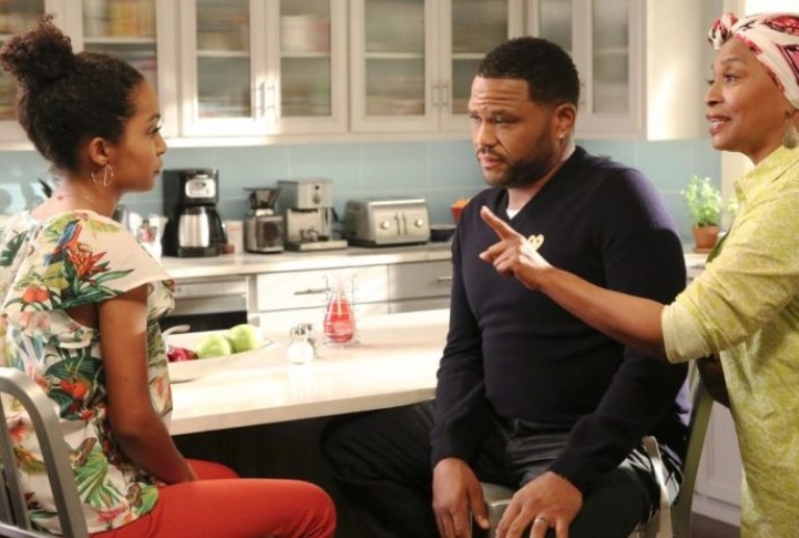
A recent episode of ABC's "Black-Ish" series, which was simply entitled "God," focused viewers on the confusion of the featured TV family's oldest daughter who refused to pray at the start of a family meal because she has growing doubt concerning the reality of God. For Zoey (played by Yara Shahidi), the suffering that overwhelms human experience challenges belief. "Can there really be a God in light of so much misery in the world?" she pondered.
Theologians call this question about the meaning of suffering "theodicy," stated Anthony Pinn on Religion Dispatches. For Zoey, the answer had shifted away from the certain belief in the God of her father Andre ("Dre," played by Anthony Anderson).
Zoey's uncle Johan has just arrived from two years in Paris, and is still in love with all things French. He endorses his niece's theological doubt, because he is an atheist who argues reason and science rule out biblical fantasies, points out Pinn.
Dre is furious and demands that Zoey acknowledge her faith in God as part of her connection to family and community. The episode ends with dad and kids at the doctor's office with the mother, who is pregnant with the newest member of the clan. When the baby's heartbeat is finally heard, after some worry, viewers hear Zoe say softly, "thank God."
The family embraces, leaving the feeling that Zoey has reaffirmed her belief and all is well - except for the matter of Johan. The episode cuts to the house, with the "godless, European wannabe uncle on the couch with a glass of wine," states Pinn. "The show might try to challenge the culture of respectability in some ways but, on the issue of God, it embraces a theology nestled within a vision of theological respectability: 'Good, upstanding, community-minded people believe!'"
Within the context of 30 minutes on the show, questioning the existence of God, or denying it altogether, is presented as a problem to solve, Pinn said.
Pinn asserts that assuming all African Americans believe because they are African Americans runs counter to the trend highlighted by pollsters. The "Nones," or unaffiliated, represent a growing percentage of the U.S. population, and African Americans represent an important demographic within this growth. He said the number of African Americans falling into this category almost doubled over the past 30 years.
"Belief in God doesn't bind African Americans to one other, and it is unfortunate to assume-even with a laugh-that belief in God is some sort of litmus test," Pinn said.
"What holds African Americans together isn't a particular response to the challenges and mysteries of life. No, what binds African Americans together is a complex history, many spaces within a rich geography of life in which to be African American is to be the 'other' whose full humanity isn't a given but a struggle."







